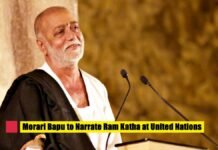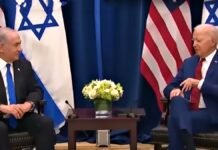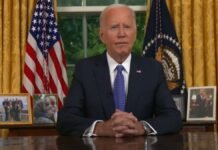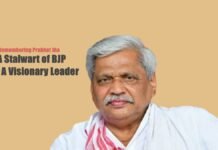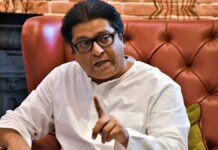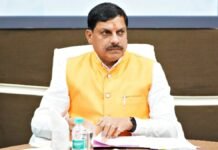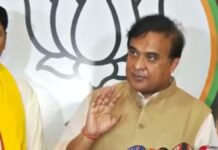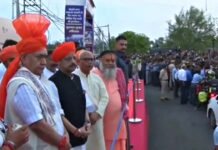
Imran Khan’s ouster from office as Pakistan prime minister on Sunday after losing a no-confidence vote in the national assembly has brought to the fore several key players who are said to have been behind Khan’s removal.
The high-octane assembly session that went on through the entire day on Saturday ended with Imran Khan losing the no-confidence vote in parliament, bringing to end a premature tenure marked by a crumbling economy.
The midnight drama in parliament followed weeks of machinations by the opposition aimed at unraveling the tenuous coalition Imran Khan built around his Pakistan Tehreek-e-Insaf (PTI) party to become premier in 2018. Now, with Imran Khan out, here are some players who are behind his ouster.
Shehbaz Sharif
The main candidate in the race to succeed Imran Khan is Shehbaz Sharif, the brother of three-time prime minister Nawaz Sharif who has been disqualified from ever again running for office and is currently in exile in Britain.
A political heavyweight in his own right, 70-year-old Shehbaz Sharif has served as chief minister of Punjab, the family’s power base, and now as president of Pakistan Muslim League-N (PML-N).
Shehbaz Sharif is known to be a tough administrator and a workaholic with a reputation for passionate outbursts and is often seen quoting revolutionary poetry in speeches. He is popular political figure in Pakistan despite capturing headlines for multiple marriages and a property portfolio that includes luxury apartments in London and Dubai.
Asif Ali Zardari
Hailing from a wealthy Sindh family, Zardari was better known for his playboy lifestyle until an arranged marriage with Benazir Bhutto shortly before she became prime minister for the first time.
He entered politics with enthusiasm and soon earned the nickname “Mr. Ten Percent” for the cut he allegedly took from government contracts. He was jailed twice on charges related to corruption, drug smuggling, and murder but never faced trial.
Asif Ali Zardari, 67, became co-chairman of the Pakistan Peoples Party (PPP) after the assassination of Bhutto in 2007 and became president of the country a year later in a power-sharing deal with the PML-N.
Bilawal Bhutto Zardari
Another key player in the picture is Bilawal, the son of Benazir Bhutto and Asif Zardari. A political royalty, Bilawal Bhutto Zardari became chairman of the PPP when he was just 19 following his mother’s assassination in 2007.
The Oxford-educated 33-year-old is considered a progressive, in his mother’s image, and has frequently spoken out on the rights of women and minorities.
With more than half of Pakistan’s population aged 22 or below, Bhutto’s social media savvy is a hit with the young, although he is frequently mocked for a poor command of Urdu, the national language, reported AFP.
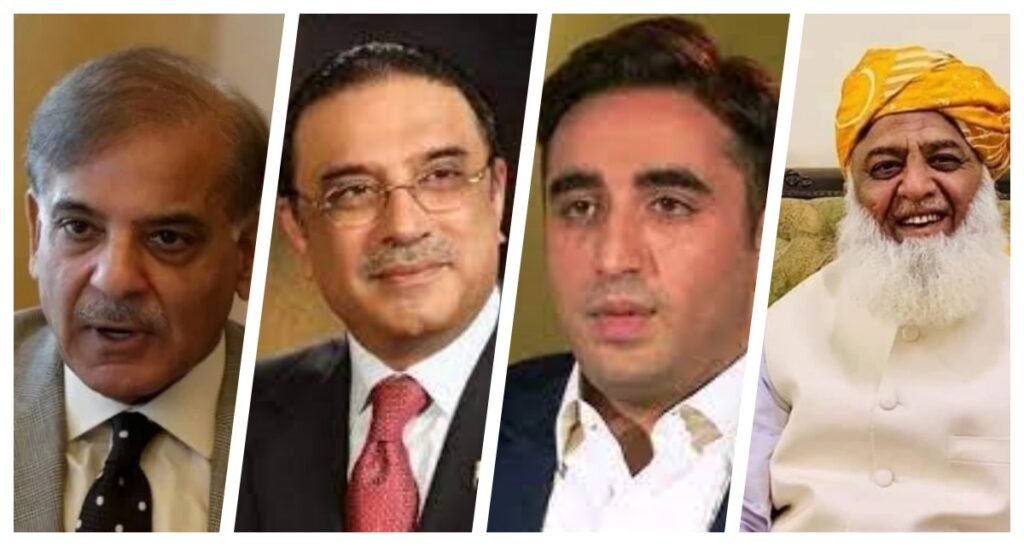
Maulana Fazlur Rehman
Once known as a firebrand Islamist hardliner, Muslim cleric Maulana Fazlur Rehman has softened his public image over the years and has even got him to forge alliances with secular parties on the left and right of the spectrum.
Maulana Fazlur Rehman’s party, Jamiatul Ulema-e-Islam (F), might not be able to muster enough support for power on its own but is usually a key player in any government with its ability to mobilize thousands of madrassa students.
The enmity between Maulana Fazlur Rehman and Imran Khan is well known. Maulana Fazlur Rehman once reportedly called Khan “a Jew” in reference to his former marriage to Briton Jemima Goldsmith. Khan, in return, has called him “Mullah Diesel” for his alleged participation in graft involving fuel licenses.



